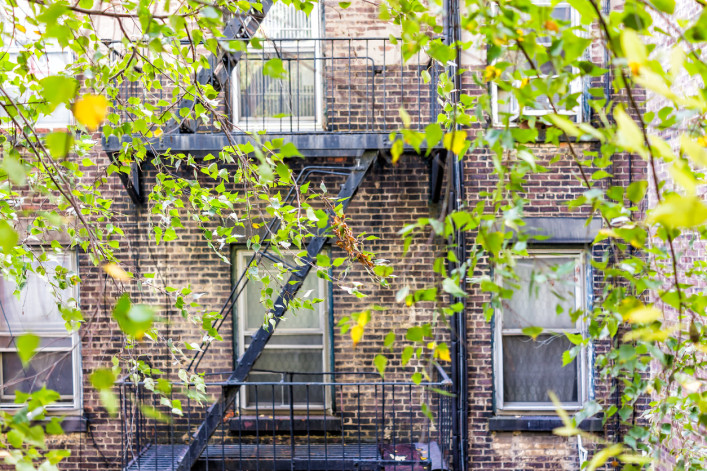Ask Sam: I’m a month-to-month tenant. Can a new landlord raise the rent—and charge me retroactively?
- The new landlord can raise your rent, but can not collect back rent payments from you
- You can be asked to leave with 90 days' notice if you've lived there for two or more years

And as a month-to-month tenant, your situation is more precarious than those of tenants with standard leases.
iStock
When I first moved into my apartment, my rent was $2,000 a month. At the end of a year, my landlord and I agreed on a month-to-month deal for $2,400, but I didn’t sign anything. Since then, a new landlord took over the building, and initially asked me for $2,200, so that’s what I paid. Now says she found out I used to pay more and I owe her back rent. Do I need to pay her back?
In situations like these, there is often a legal answer and a practical answer, says Sam Himmelstein, an attorney at Himmelstein, McConnell, Gribben & Joseph who represents residential and commercial tenants and tenant associations.
“Rent is a contractual obligation, and a landlord can’t just impose a rent on you—you have to agree to pay it,” Himmelstein says. “It takes two to make a contract.”
At the time your new landlord took over, you two agreed on $2,200 a month. Legally, your landlord cannot say that the rent was “really” $2,400 and you now owe her retroactively for those months you paid less.
“If she tries to take you to court for that, she’ll lose,” Himmelstein says.
However, going forward, she can now charge the higher rent, and if you refuse to pay it, she could start holdover proceedings to evict you.
And as a month-to-month tenant, your situation is more precarious than those of tenants with standard leases. If you and your new landlord can’t reach an agreement on rent, she can decide to terminate your lease, as long as she gives you the required 90 days’ notice because you have been residing in the apartment for more than two years.
“There are advantages and disadvantages to being month-to-month,” Himmelstein says. “On the one hand, you’re not locked into a lease and can move out whenever you want. On the other, you have less security.”
Even though your landlord can’t legally charge you back rent, it might be in your best interest to negotiate with her and see if you can settle on a solution, rather than go to court—especially if you’d like to stay in the apartment.
One possible caveat: if you’re living in a building with six or more units that was built before 1974, it may be worth looking into whether your apartment should be rent-stabilized. If it was illegally deregulated, then it’s very possible that the landlord owes you money.
Related:
Ask Sam: How do I find out if my apartment should be rent-stabilized--and the landlord owes me money? (sponsored)
Ask Sam: How much notice do I have to give my landlord to leave a rent stabilized apartment? (sponsored)
Read all our Ask a Renters Rights Lawyer columns here.
Sam Himmelstein, Esq. represents NYC tenants and tenant associations in disputes over evictions, rent increases, rental conversions, rent stabilization law, lease buyouts, and many other issues. He is a partner at Himmelstein, McConnell, Gribben & Joseph in Manhattan. To submit a question for this column, click here. To ask about a legal consultation, email Sam or call (212) 349-3000.

























